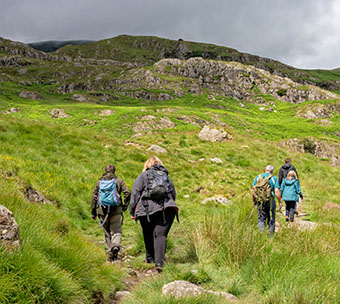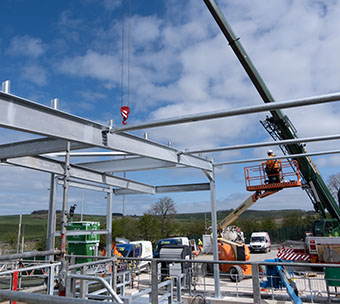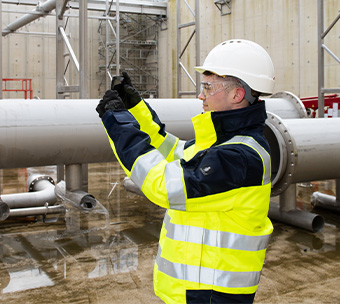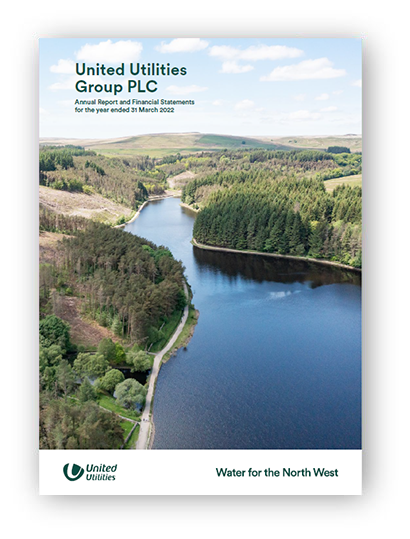We use cookies to analyse site traffic and improve your experience on our website. To read more see our cookie policy.

Natural capital
We rely on natural resources to supply water and take back wastewater after treatment, as well as to generate renewable energy.
Human capital
We rely on skilled and engaged employees and suppliers to deliver our services, and skills must be maintained through training and development.
Manufactured capital
We invest to maintain and enhance our assets and build long-term resilience, and we use telemetry to monitor and control many assets remotely.
Financial capital
Efficient financing allows us to preserve intergenerational equity for customers while funding necessary long-term capital investment projects.
Social capital
The constructive relationships we have built with regulators, suppliers, and other stakeholders are fundamental to our ability to deliver our purpose.
Intellectual capital
Innovation helps us continually improve, and understanding performance trends in our network helps us spot potential issues early and fix them proactively.

Natural environment
We must be resilient to changes such as climate change and population growth, and ensure our impact on the natural environment is positive.

Stakeholders
Our work and the huge areas of land we manage impacts a wide variety of stakeholders and we consult them to help develop and execute our plans.

Technology and innovation
New technology and innovations create opportunities for improvements in service and efficiency, but can also create risks such as cyber attacks.

Economic environment
The economy impacts our financing through market rate movements such as interest rates and inflation, and our customers’ ability to pay their bills.

Regulatory environment
Environmental and drinking water standards set by our regulators drive what we do, both now and in the long term through future market reforms.

Political environment
This includes regional and national politicians as well as policymakers, and we must understand the key policy issues affecting our industry.

Natural environment
We must be resilient to changes such as climate change and population growth, and ensure our impact on the natural environment is positive.

Stakeholders
Our work and the huge areas of land we manage impacts a wide variety of stakeholders and we consult them to help develop and execute our plans.

Technology and innovation
New technology and innovations create opportunities for improvements in service and efficiency, but can also create risks such as cyber attacks.

Economic environment
The economy impacts our financing through market rate movements such as interest rates and inflation, and our customers’ ability to pay their bills.

Regulatory environment
Environmental and drinking water standards set by our regulators drive what we do, both now and in the long term through future market reforms.

Political environment
This includes regional and national politicians as well as policymakers, and we must understand the key policy issues affecting our industry.
Our strategy and core values
Materiality and risk management
Systems Thinking
Our commitment to ESG matters

We undertake long, medium, and short-term planning, taking into account our external drivers and what matters to stakeholders.
Our core activities are to deliver essential water and wastewater services for household and business customers across the North West.
We maintain and operate thousands of kilometres of pipes and hundreds of treatment works, as well as renewable energy facilities that use our land and bioresources from wastewater treatment to generate clean electricity to help power our operations.

